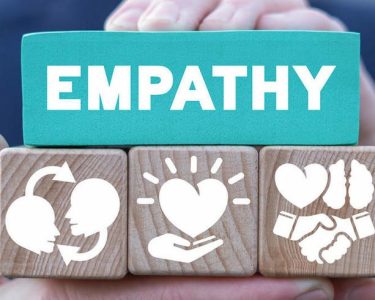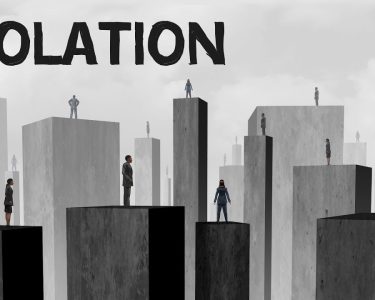Subtitle 1: Understanding the Importance of Peer Support
In the realm of mental health, peer support plays a crucial role in providing individuals with the understanding, empathy, and encouragement they need to navigate their challenges. Peer support refers to the mutual exchange of support and guidance between individuals who have experienced similar mental health struggles. It is based on the belief that those who have lived through similar experiences can offer unique insights and empathy that professionals may not always possess.
Subtitle 2: Benefits of Peer Support in Mental Health
Research has shown that peer support can have numerous benefits for individuals facing mental health issues. Firstly, it provides a sense of validation and normalization, as individuals realize they are not alone in their struggles. This validation can help reduce feelings of isolation and shame, fostering a sense of belonging within a supportive community.
Secondly, peer support can enhance self-esteem and self-efficacy. By sharing their experiences and coping strategies, individuals can gain a sense of empowerment and learn new ways to manage their mental health challenges. Peer support groups often emphasize personal growth and resilience, helping individuals build confidence in their ability to overcome obstacles.
Subtitle 3: How Peer Support Groups Foster Connection and Empowerment
Peer support groups create a safe and non-judgmental space for individuals to share their stories, challenges, and triumphs. These groups often follow a structured format, allowing participants to take turns speaking and actively listening to one another. Through this process, individuals can develop a deeper understanding of their own experiences and gain insights from others who have faced similar struggles.
Moreover, peer support groups foster a sense of connection and belonging. Participants often form strong bonds with one another, providing a network of support that extends beyond the group meetings. This sense of community can be particularly valuable during times of crisis or when individuals feel isolated from their friends and family.
Subtitle 4: Peer Support in Action: Success Stories and Examples
Numerous success stories highlight the transformative power of peer support. For example, the Depression and Bipolar Support Alliance (DBSA) offers peer-led support groups across the United States. These groups have been instrumental in helping individuals manage their conditions, reduce hospitalizations, and improve overall well-being.
Another example is the Hearing Voices Network (HVN), which provides support for individuals who hear voices or have other unusual sensory experiences. HVN groups offer a safe space for individuals to share their experiences without fear of judgment, helping them develop coping strategies and reduce distress.
Subtitle 5: Creating a Supportive Environment for Peer Support
To harness the power of peer support, it is essential to create a supportive environment. This involves destigmatizing mental health issues and promoting the value of lived experiences. Mental health organizations, healthcare providers, and policymakers can play a crucial role in supporting peer-led initiatives by providing funding, training, and resources.
Additionally, it is important to ensure that peer support groups are accessible to all individuals, regardless of their background or circumstances. This may involve offering online support groups, providing transportation assistance, or accommodating individuals with disabilities.
Subtitle 6: The Future of Peer Support in Mental Health
As the recognition of peer support’s effectiveness grows, its integration into mainstream mental health services is becoming more prevalent. Mental health professionals are increasingly collaborating with peer support specialists to provide comprehensive care that combines clinical expertise with lived experience.
Furthermore, technology is playing a significant role in expanding the reach of peer support. Online platforms and mobile applications are connecting individuals from different geographical locations, allowing them to access support and resources at any time. These advancements hold great promise for the future of peer support in mental health.
In conclusion, peer support is a powerful tool in building a stronger mental health community. By fostering connection, empowerment, and understanding, peer support groups provide individuals with the support they need to navigate their mental health challenges. As we continue to recognize the value of lived experiences, it is crucial to create a supportive environment that embraces peer support and ensures its accessibility for all. Together, we can build a stronger and more resilient mental health community.




